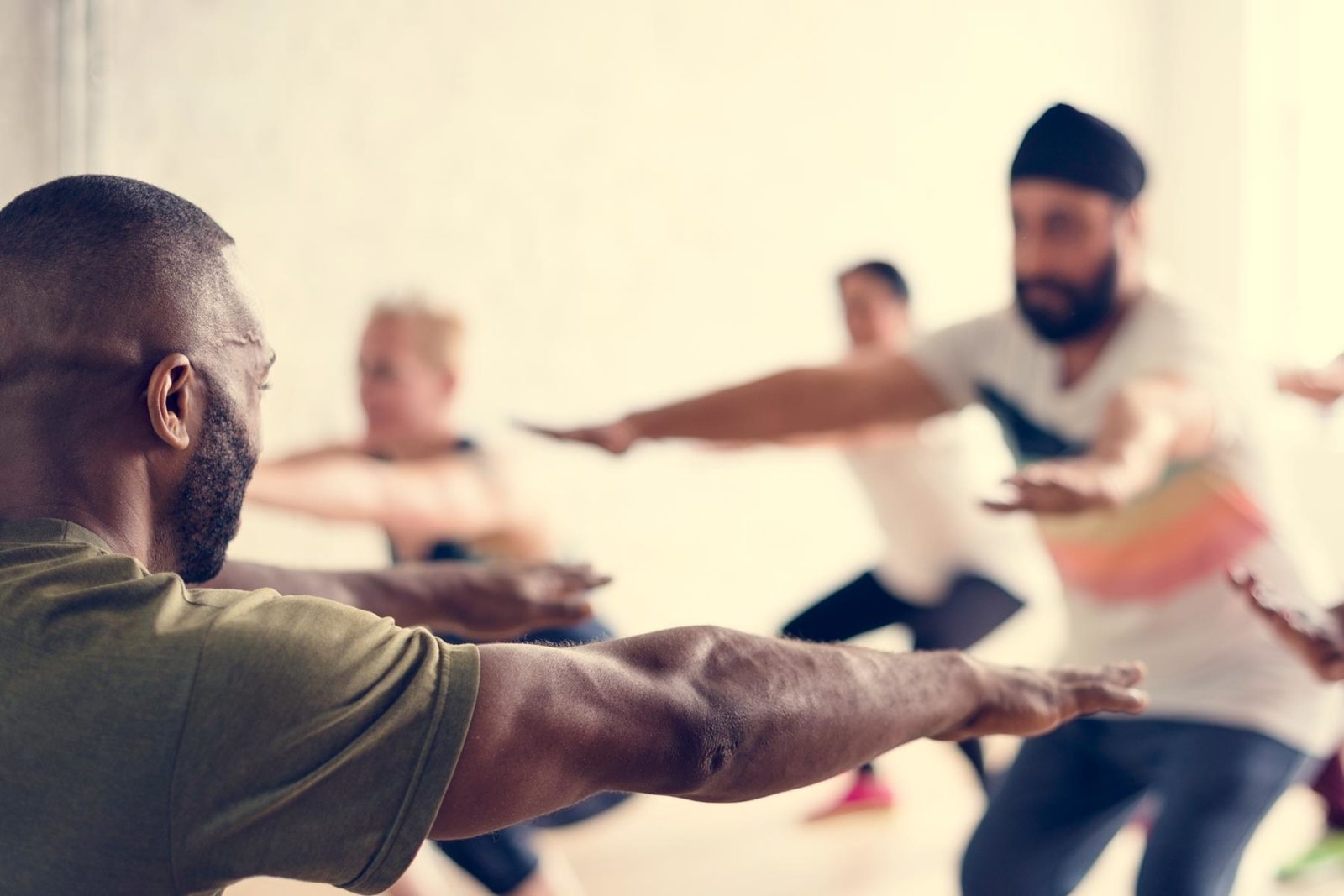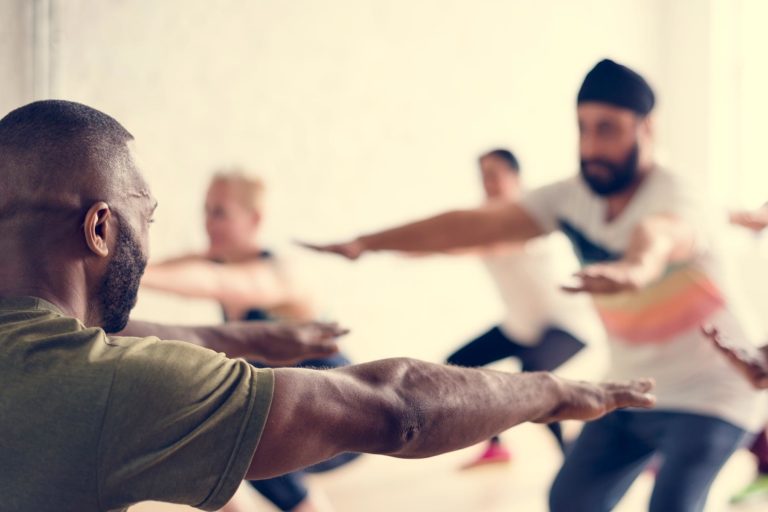Physical activity and your mental health
If you look after your physical health, your mental health will likely improve. Here’s what some of the research says:
- Researchers at the University of South Australia found that exercise was effective at reducing mental health symptoms. Some of the largest benefits were seen among people with depression, anxiety, and distress.[1]
- A mental health and wellbeing review concluded that the effects of exercise on mental health were shown to be beneficial. The evidence suggests that physical exercise improves depressive and anxiety symptoms.[2]
- Another review showed that physical activity was a good and effective choice to mitigate the negative effects of the COVID-19 pandemic on mental health.[3]
With one in five Australians experiencing a mental illness each year, there’s no better time to lace up your runners and get moving.
Mental health benefits of exercise
Regular exercise and physical activity may help to:
- Increase your energy
- Reduce anxiety and improve your mood
- Provide stress relief
- Improve sleep
- Reduce tiredness and improve clarity
- Improve concentration and mental alertness
- Provide a distraction from negative thoughts
- Create opportunities to socialise and meet new people
- Improve your self-confidence
- Give you a goal to strive for
- Provide new experiences
- Improve your quality of life.
And finally, let’s not forget some of the physical health benefits. Being active can maintain or improve your blood pressure, cholesterol and blood sugar levels, and reduce the risk of cardiovascular disease.
Ways to start doing more physical exercise
All types of exercise and physical activity can be beneficial. According to the Department of Health, everyone should aim to be active most days, preferably every day.
Here are some ideas to get you moving:
- Join a local footy team, cricket club, or basketball league
- Take a brisk walk or jog around your neighbourhood
- Swim at your local public pool
- Ride your bike to work
- Walk on your lunch break
- Take the stairs
- Get off public transport one stop earlier and walk the rest of the way
- Walk around when talking on your phone
- Walk and listen to audiobooks (they are free at your library)
- Mow the lawn or garden
- Do some strength training like push-ups, pull-ups, squats, and lifting weights
- Follow home workouts on YouTube
- Take fitness classes such as spin, Pilates, or yoga.
Doing any physical activity is better than none. So, if you aren’t doing any right now, start small and slowly build up. If you are new to physical activity or have a health problem, speak to your GP about the best activities for you.
If you need someone to talk to, MensLine Australia professional counsellors are here to provide information and support 24 hours a day, seven days a week. Call us on 1300 78 99 78 or click the floating chat button on the right to access online counselling. Our service is free.
If it is an emergency, please call 000.
References
[1] Singh B, Olds T, Curtis R, et alEffectiveness of physical activity interventions for improving depression, anxiety and distress: an overview of systematic reviewsBritish Journal of Sports Medicine 2023;57:1203-1209.
[2] Mahindru A, Patil P, Agrawal V. Role of Physical Activity on Mental Health and Well-Being: A Review. Cureus. 2023 Jan 7;15(1):e33475. doi: 10.7759/cureus.33475. PMID: 36756008; PMCID: PMC9902068.
[3] Marconcin, P., Werneck, A.O., Peralta, M. et al. The association between physical activity and mental health during the first year of the COVID-19 pandemic: a systematic review. BMC Public Health 22, 209 (2022). https://doi.org/10.1186/s12889-022-12590-6









